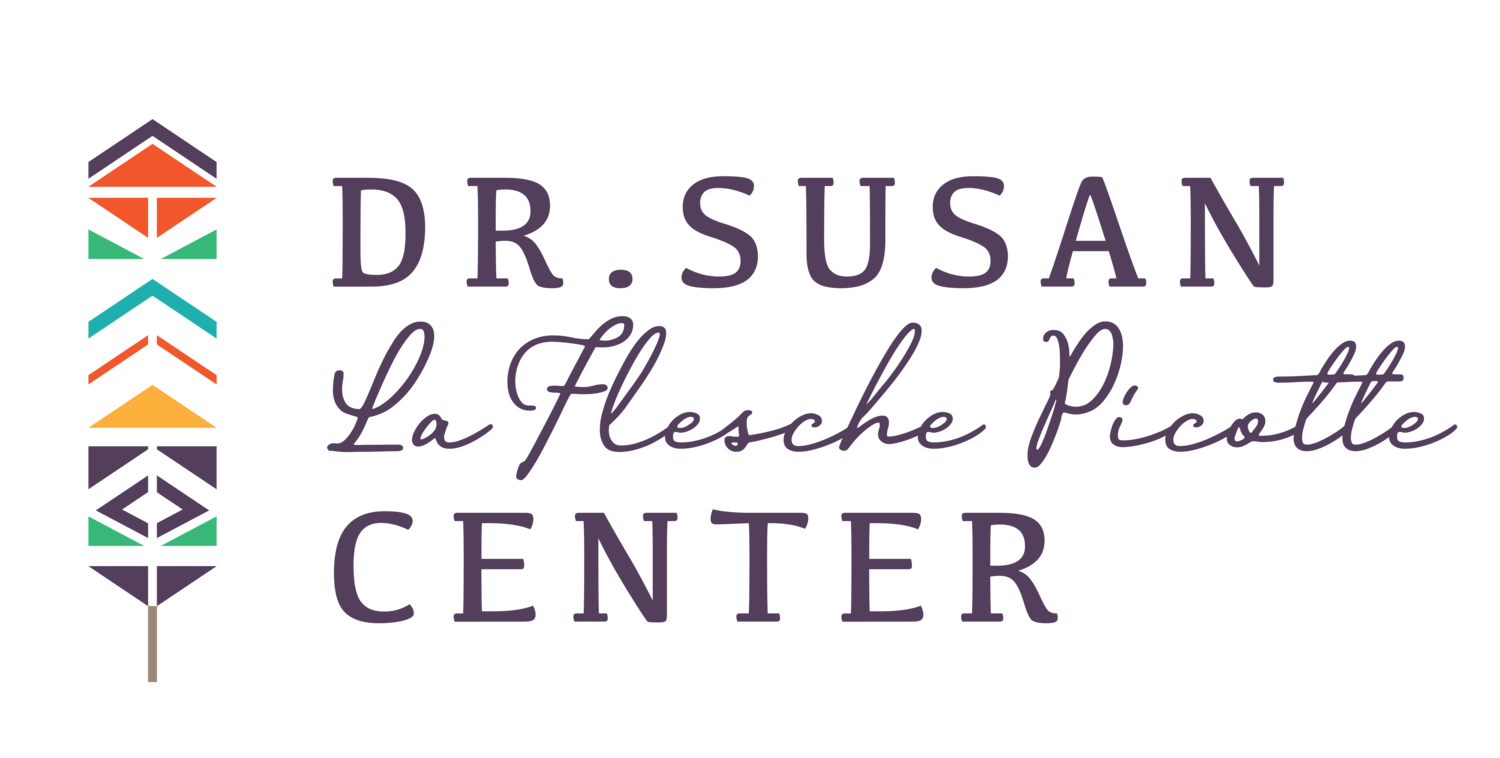Unlady Like Feature
Susan La Flesche was born in Nebraska on June 17, 1865, the youngest daughter in a notable family of Omaha and French descent. Her father, Joseph, was one of the seven Omaha chiefs who signed treaties ceding over 90% of the tribe’s land to the U.S. government in 1854. During this time of upheaval, Joseph La Flesche foresaw a future when the Omaha tribe would have to live amongst white people and therefore wanted the tribe to assimilate to survive. He promoted an Anglo-American style of living including log cabins, western dress, and Christian education.
After attending reservation schools run by white missionaries, Susan La Flesche left the Omaha Reservation in 1879 to study at a private boarding school in New Jersey. She then obtained a scholarship to Hampton Institute in Virginia, a leading trade school for African Americans and American Indians, where she graduated second in her class in 1886. La Flesche then attended the Woman’s Medical College of Pennsylvania, one of the first medical schools for women. In 1889, she graduated top of her class, becoming the country’s first American Indian doctor.
Upon completing her education, La Flesche returned home to Nebraska and soon became the sole physician to both the Omaha and the nearby Winnebago, working for the Office of Indian Affairs. In this role, La Flesche served 1,244 patients scattered across a 1,350 square mile reservation. In 1894, La Flesche married Henry Picotte, a Yankton Sioux, and the couple had two sons. After her marriage, Susan entered into private practice, treating both native people and white people, in the town of Bancroft, NE near the Omaha Reservation.
Despite her time-consuming medical practice and a chronic illness that left her deaf in one ear at age 40, La Flesche was tireless in her community work. She worked to guide the Omaha people in a variety of ways — translating legal documents for her fellow tribe members, testifying in Washington, D.C. about the theft of Omaha Indian lands, working as a missionary in her community, and teaching Sunday school. La Flesche has also held a critical role as a public health advocate, working to educate people about the risks of communicable diseases such as tuberculosis and influenza, and fighting for Temperance among the Omaha. To that end, La Flesche lobbied for a ban on alcohol and worked to bar whiskey peddlers from the reservation. Despite her best efforts, however, La Flesche witnessed the trauma that alcoholism wrought on her community, including land theft, hunger, and domestic violence.
La Flesche’s crowning achievement came in 1913 when she opened the first privately-funded hospital on an American Indian reservation. Unfortunately, La Flesche did not get to run her hospital for long. She died of bone cancer on September 18, 1915, at the age of 50. The hospital, renamed Dr. Susan La Flesche Picotte Memorial Hospital after her death, served patients for 30 years and is now a national historic landmark.
Read more and watch video here.
